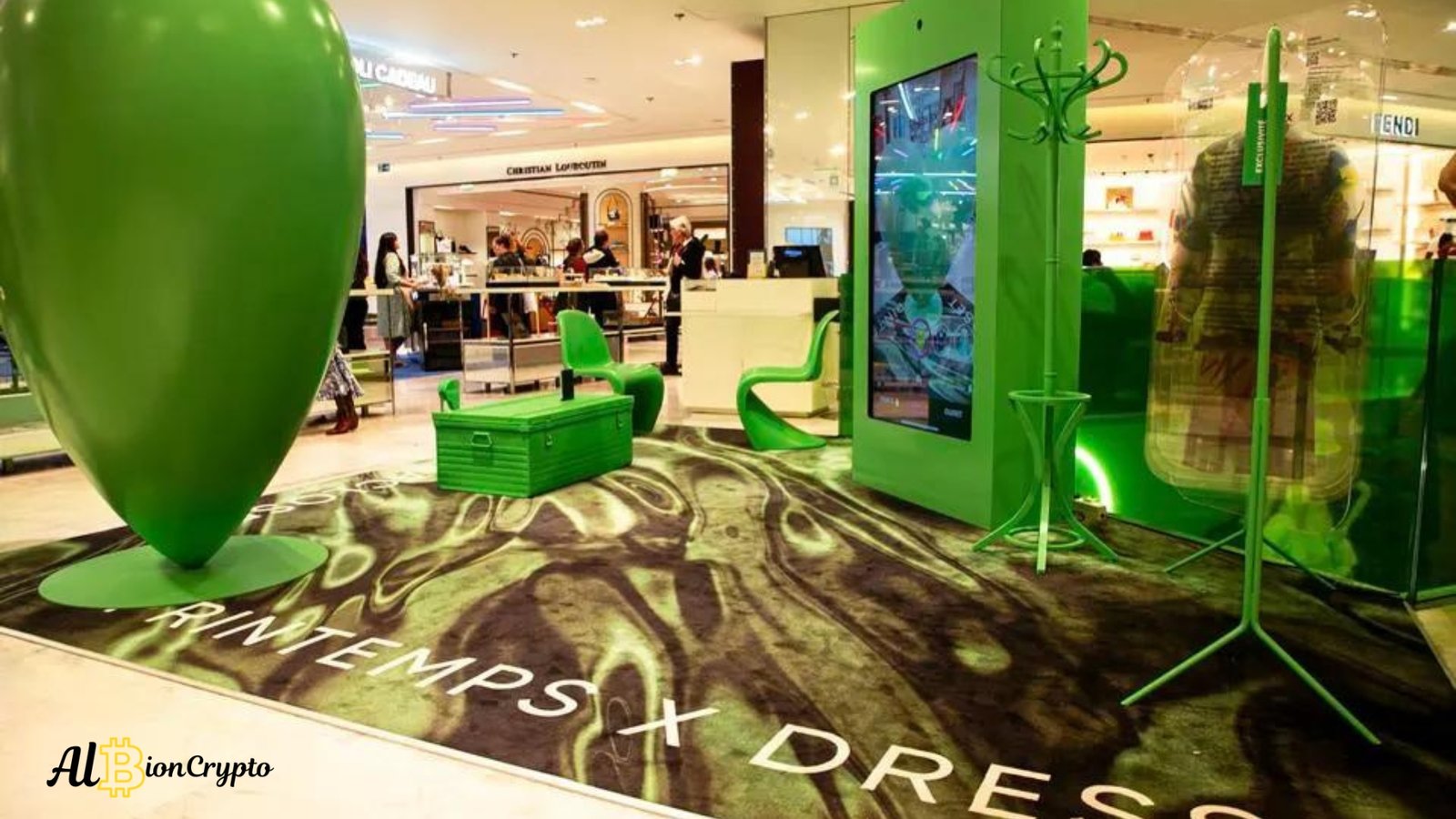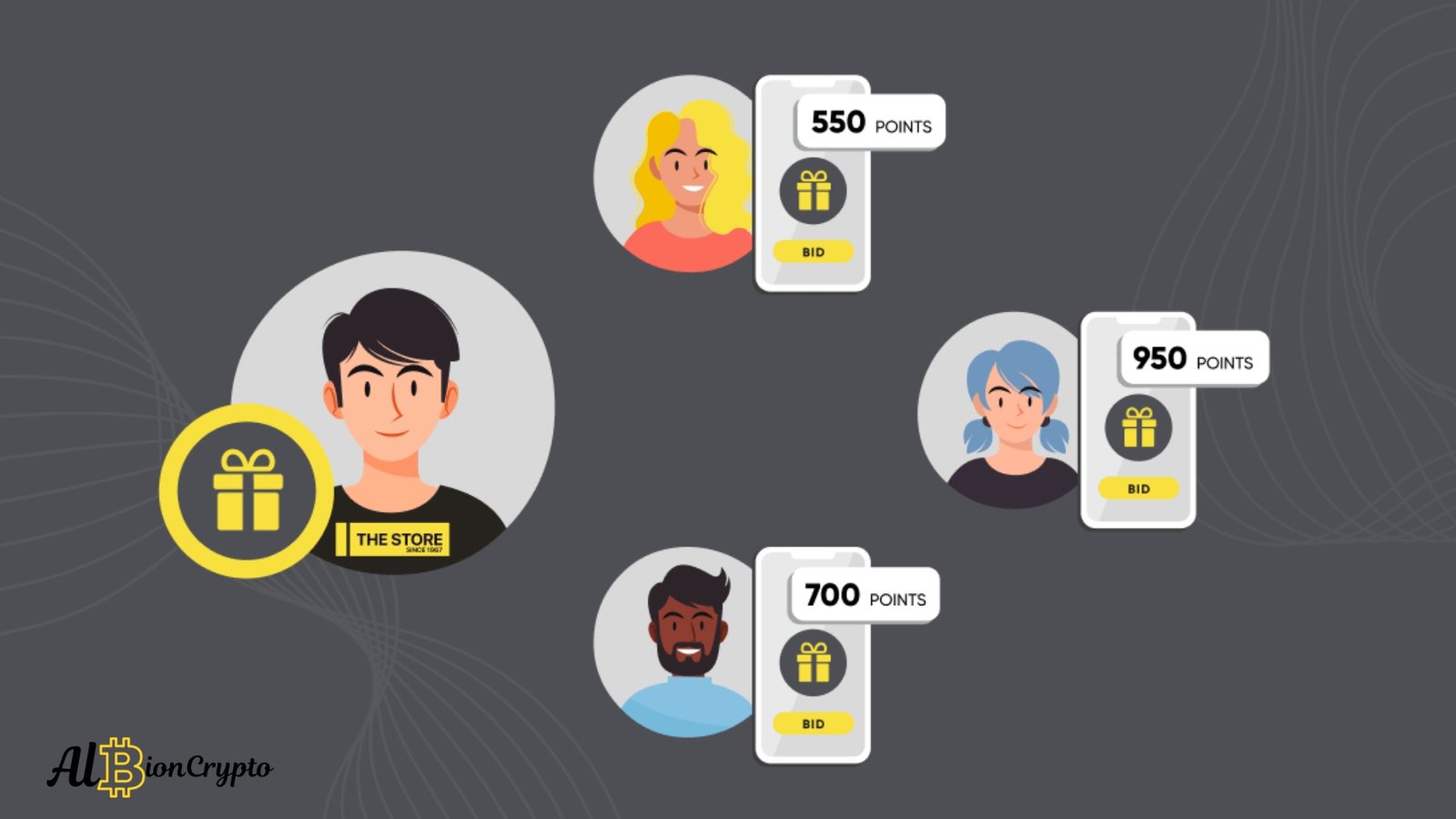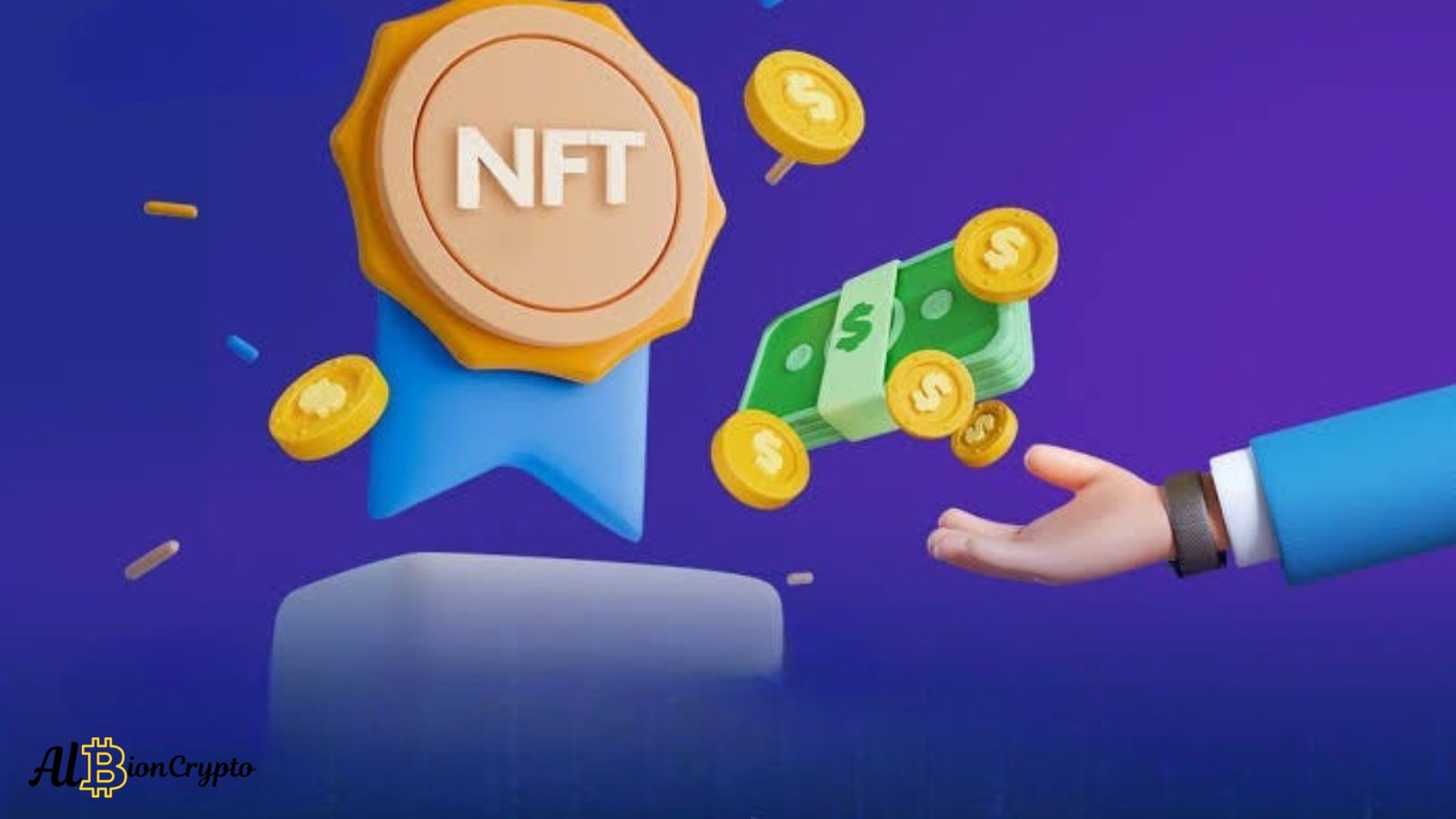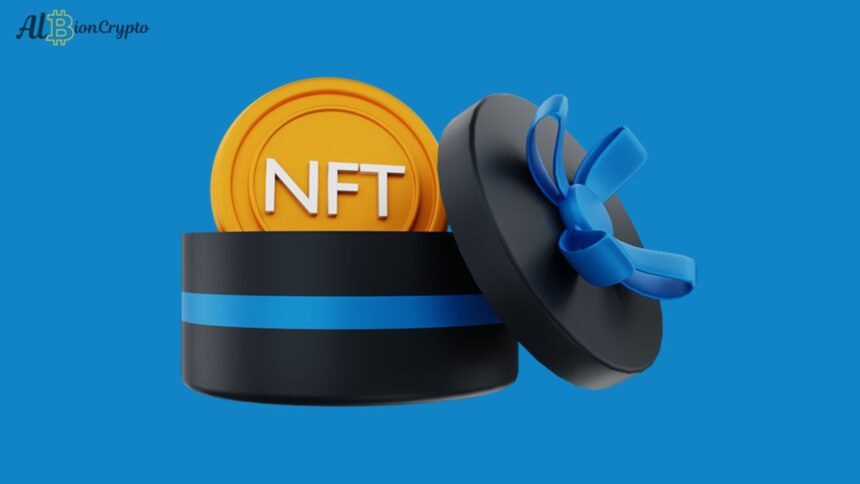NFT Rewards: Many creatives, entrepreneurs, and techies have been captivated by non-fungible tokens (NFTs) as of late. Although digital art and collectibles were the original impetus for NFTs, a new trend has arisen: the widespread use of NFTs for loyalty and reward programs. Now more than ever, companies are looking for creative ways to leverage NFTs to attract new customers, reward existing ones, and provide unforgettable experiences. Read on to learn about NFT rewards as they stand right now, how businesses use them, and what this may portend for loyalty programs in the future.
What Are NFT Rewards?
NFT rewards are digital assets granted to users or customers in exchange for participating in specific activities or achieving milestones. Unlike traditional rewards, which might include discount coupons or loyalty points, NFTs are unique and verifiable digital items stored on blockchain networks. These NFTs can take various forms, from exclusive access to content and virtual items to real-world rewards and perks. The value of an NFT lies in its distinctiveness, proof of ownership, and rarity. This represents a brand opportunity to create a more personalized and memorable customer experience, transforming a basic transaction into a lasting relationship.
The Growing Use of NFT Rewards in Different Industries
Retail and Fashion
Retail brands have been at the forefront of NFT adoption, using these tokens to create exclusive product offerings or limited-edition collectibles. For example, Nike and Gucci have experimented with NFTs to offer exclusive virtual sneakers or clothing linked to physical counterparts. By issuing these tokens, brands create scarcity and appeal to collectors while providing customers with digital assets that can appreciate or unlock additional rewards.
Entertainment and Media
The entertainment industry has embraced NFTs as a way to incentivize fan engagement. Movie studios, music labels, and gaming companies use NFTs to reward dedicated fans with exclusive behind-the-scenes content, early access to new releases, or virtual assets like in-game skins or avatars. For instance, artists can offer limited-edition NFT albums that give listeners special privileges, such as VIP concert tickets or exclusive merchandise.
Sports
Sports franchises have quickly realized the potential of NFTs to engage their fan bases. Teams and leagues are issuing NFTs in the form of digital trading cards, game highlights, and memorabilia that fans can collect and trade. For example, NBA Top Shot has popularized this concept, allowing users to own and trade officially licensed video highlights. Furthermore, sports teams may offer NFT-based tickets with enhanced experiences, such as meet-and-greets with athletes or exclusive access to team events.
Gaming
The gaming industry has been a natural fit for NFTs due to the prominence of virtual assets within games. Players have long been accustomed to buying and earning in-game items, and NFTs take this a step further by granting real ownership of these assets. Games like Axie Infinity and Decentraland have pioneered play-to-earn models, where players earn NFT rewards that hold real-world value. This trend has proven that NFTs are not just collectibles but can also function as a form of in-game currency.
DeFi and Blockchain Ecosystem
In decentralized finance (DeFi), NFTs reward liquidity providers or active participants in governance decisions. Platforms like Aave and Uniswap have issued NFTs for staking rewards or governance participation. These NFTs can represent proof of involvement or achievement, adding a gamified layer to DeFi’s otherwise financial aspect.
How Brands Are Enhancing Loyalty with NFT Rewards
As the use cases for NFTs evolve, brands are becoming more creative in their approach to customer loyalty programs. Here are some of the key ways NFTs are reshaping the loyalty landscape:
Exclusive Access
NFTs can be digital keys granting holders access to exclusive content, products, or experiences. For example, a luxury brand might offer a limited-edition NFT that gives holders early access to product drops or invitations to private events. This exclusivity enhances the sense of belonging and drives deeper customer loyalty.
Gamification
NFTs allow brands to gamify their loyalty programs. Customers can earn NFTs by reaching milestones or completing certain activities, such as participating in brand campaigns or referring friends. These NFTs can serve as badges of honor, signifying a customer’s journey with the brand. Over time, customers can collect multiple NFTs that unlock additional rewards, much like leveling up in a game.
Interoperability Across Platforms
One of the major advantages of NFTs is their ability to exist across different platforms and ecosystems. A brand could issue NFT rewards that can be used within its own ecosystem and on external platforms or even resold in secondary markets. For example, an airline might partner with a hotel chain to allow travelers to redeem their NFT-based rewards for flights and accommodations.
Resale and Transferability
Traditional loyalty points are often locked within the issuing brand’s ecosystem and can’t be transferred or resold. On the other hand, NFTs can be freely traded on marketplaces, giving customers the flexibility to sell or exchange their rewards. This opens up new opportunities for brands to create value beyond their immediate customer base. For instance, an NFT ticket to an exclusive event could increase the value of the secondary market as demand grows.
Personalization
NFT rewards allow for greater personalization, as each token can be uniquely tailored to the customer. Brands can design NFTs that reflect a customer’s purchase history, preferences, or achievements. This level of customization strengthens the emotional connection between the customer and the brand and makes the rewards more meaningful and memorable.
Challenges and Opportunities
While integrating NFTs into rewards and loyalty programs offers exciting possibilities, several challenges must be addressed.
Scalability and Accessibility
Currently, the use of NFTs is limited by technical barriers such as high transaction costs and the complexity of blockchain technology. For NFT rewards to become mainstream, brands must ensure that acquiring and using these tokens is seamless and user-friendly. This may involve partnerships with blockchain platforms, such as Polygon or Solana, prioritizing scalability and lower fees.
Environmental Concerns
The environmental impact of blockchain networks, particularly those that use proof-of-work consensus mechanisms like Ethereum, has been criticized. However, this concern will likely diminish as blockchain technology evolves and shifts towards more energy-efficient models (such as Ethereum’s transition to proof-of-stake).
Regulatory Uncertainty
As with many blockchain-related innovations, the regulatory landscape surrounding NFTs remains unclear. Governments are still in the process of establishing rules for the taxation and regulation of digital assets. Brands considering NFT rewards must stay informed about the evolving legal landscape to ensure compliance.
The Future of NFT Rewards
As NFTs grow in popularity, their use as rewards in loyalty programs will likely become more widespread. Shortly, we could see brands from every sector offering NFT-based rewards, creating new opportunities for customer engagement and retention. The potential for NFTs to create unique, valuable, and transferable rewards gives them an edge over traditional loyalty systems. Customers are increasingly looking for personalized experiences, and NFTs offer a way for brands to cater to this demand in an innovative and exciting way.
For brands, the challenge will be to integrate NFTs in a way that is seamless and adds genuine value to the customer experience rather than just jumping on the latest trend. The successful integration of NFT rewards could usher in a new era of customer loyalty—where digital assets play a central role in building lasting relationships between brands and their customers.




